10 of the most influential Italian women of the 20th century.
If you’re unfamiliar with the tale of Rome’s beginnings, it’s a powerful story with an underlying matriarchal theme.
The legend is that Rhea Silva, a Vestal Virgin, gave birth to twin sons named Romulus and Remus, and was soon forced to abandon them due to threats against their lives. Intercepted from the Tiber river by the god Tiberius, the twins were saved as they nursed from the she-wolf Lupercal. Some 3,000 years later, and Italian society is still suckling from the teat of women’s accomplishments.
Although the course of Italian history and society has been shaped by influential women, many of them rarely make it past the textbook page into public discourse.
Hortensia, the first female lawyer who lived in 42 BC argued that women should not have to pay for a war they wanted nothing to do with.
In the 12th century Trotula de Ruggiero, the first female gynecologist argued against God’s will for pain during childbirth and presented the idea of opium to ease said pain.
Artemisia Gentileschi, who lived in the 17th century, was the first recognised female painter.
Despite such advanced positions, these women’s accomplishments were swallowed whole by patriarchal dictation. It wasn’t until the 20th century that official legislation and progress for women’s rights finally became visible, and Italians have women like these to thank for it.
Here is a list of 10 of the most influential and inspiring Italian women of the 20th century.
Rita Levi Montalcini (1909-2012)
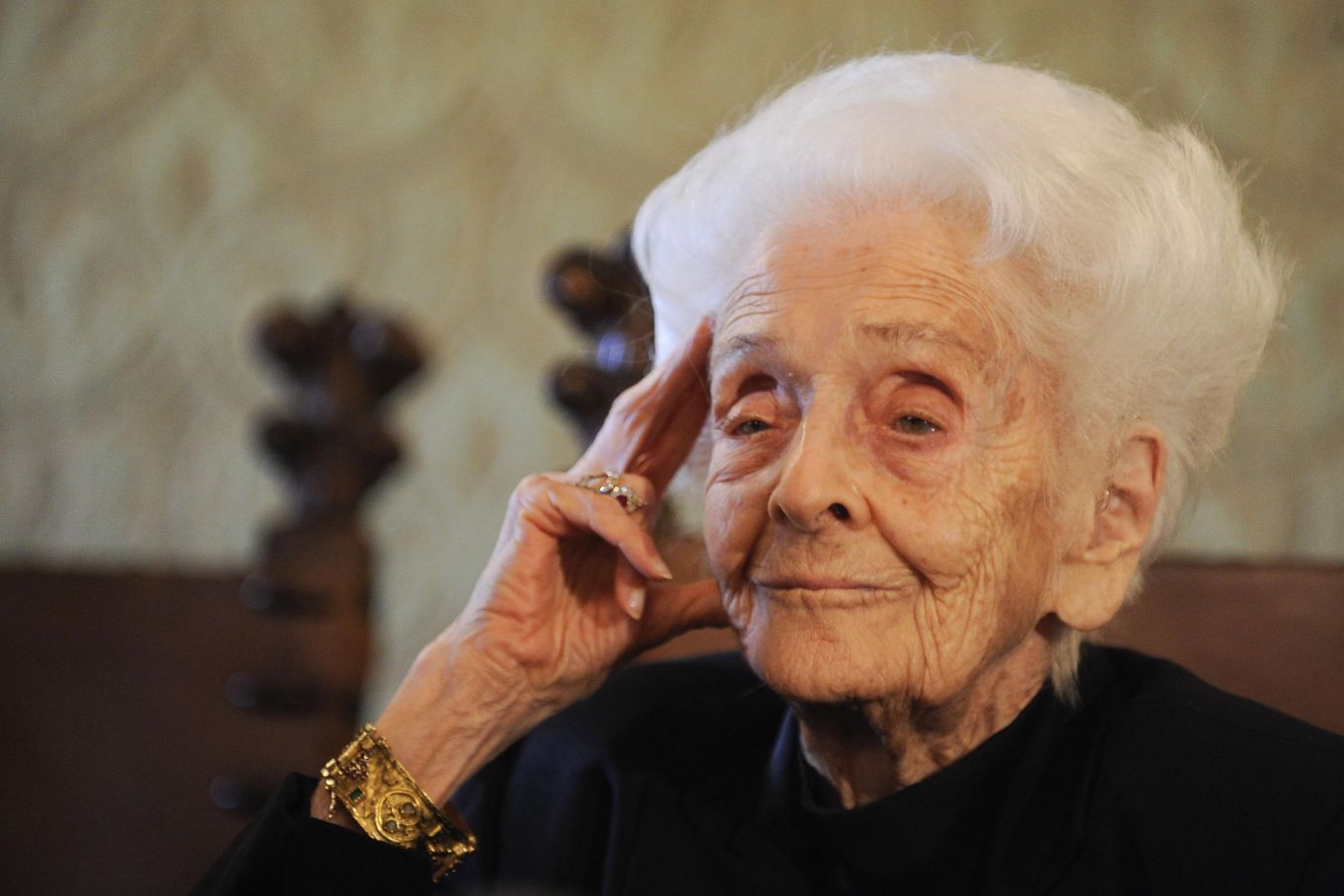
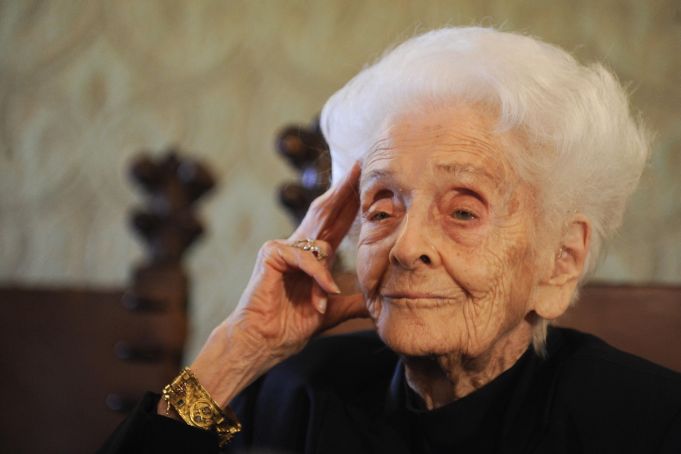
Despite her father’s initial expectations of his daughter to be a housewife, Montalcini attended the University of Turin Medical School and subsequently made substantial contributions to the science world. In 1986, she was awarded the Nobel Prize in Medicine for the discovery of the nerve growth factor. She was also honoured with other biochemistry or biomedical science awards such as the Louisa Gross Horowitz Prize in 1983, the Lasker Award in 1986, and the National Medal of Science in 1987. Aside from her scientific achievements, Montalcini was appointed a senator for life in 2001 by Carlo Azeglio Ciampi, then president of Italy.
Liliana Segre (born 1934)
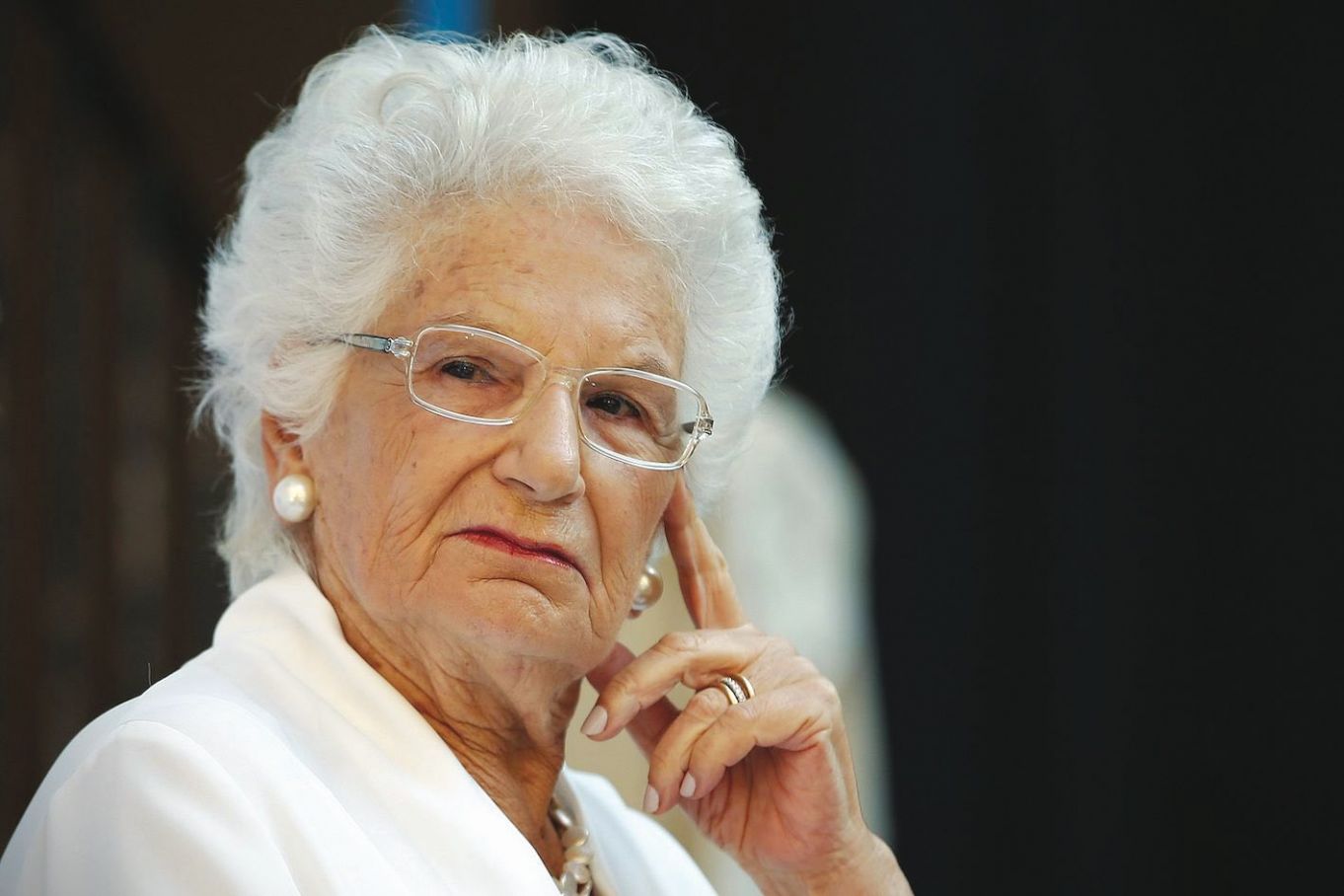
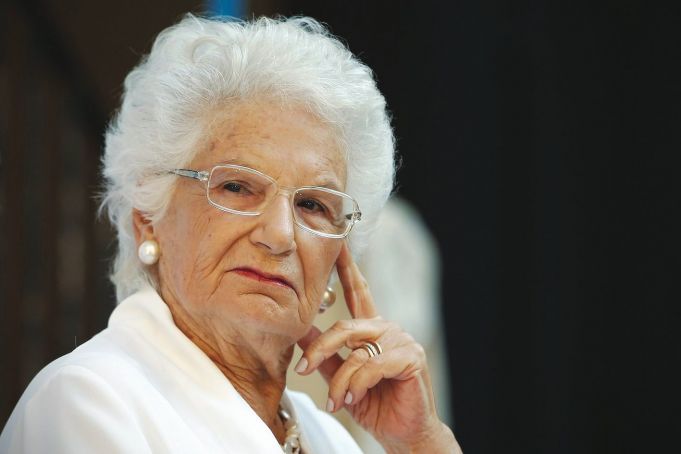
Liliana Segre, aged 94, is renowned for speaking out about the horrors of the Holocaust. Born in 1930 into a Milanese family of Jewish origins, Segre was one of the few Italian Jewish children to survive deportation to a Nazi death camp. She was expelled from her primary school after the Racial Laws were promulgated in 1938 by the Fascist regime to enforce racial discrimination, mainly against Italy’s Jews.
When she was 13, Segre was deported with her father to Auschwitz. On arrival at the concentration camp the young Liliana was separated from her beloved father who she never saw again. He was murdered by the Nazis on 27 April 1944. After decades of silence, in the early 1990s Segre began to speak publicly of her horrific experience, particularly to young students. She was made a senator for life by President Mattarella in 2018, on the 80th anniversary of the Racial Laws. In 2020 she was placed under police protection after being subjected to a barrage of anti-Semitic abuse, including death threats.
Samantha Cristoforetti (born 1977)


Italian astronaut Samantha Cristoforetti, Italy’s first woman in space, in 2022 became the first European female commander of the International Space Station (ISS). Popularly known in Italy as AstroSam, Cristoforetti was the fifth European commander of the ISS to hold the role, following in the footsteps of fellow Italian Luca Parmitano. The 47-year-old astronaut was the third woman ISS commander in the world after two Americans, Sunita Williams and Shannon Walker. A former Italian Air Force pilot, Cristoforetti holds the record for the longest uninterrupted spaceflight by a European astronaut (199 days, 16 hours), and until June 2017 held the record for the longest single space flight by a woman. Photo: Markus Wissmann / Shutterstock.com.
Franca Sozzani (1950-2016)
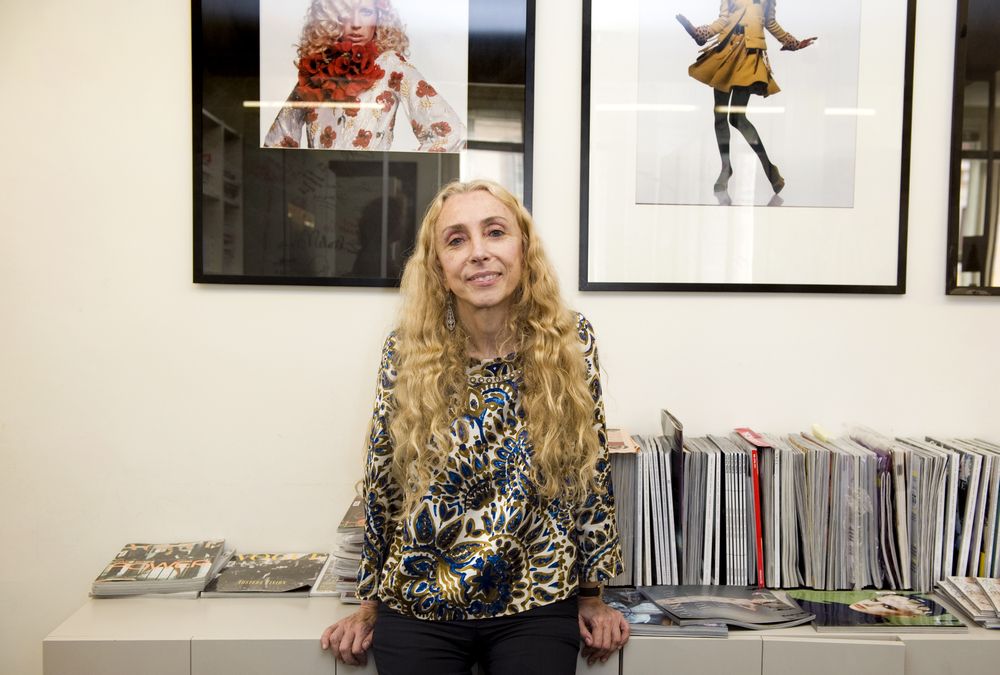
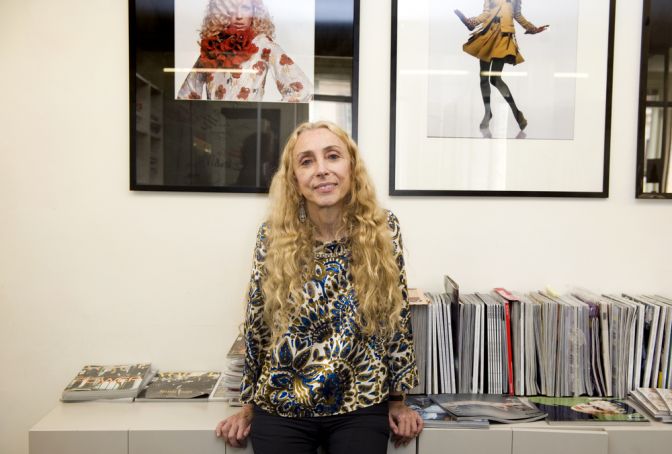 Franca Sozzani was arguably one of the most significant women in global fashion. In her 28 years as editor-in-chief of Vogue Italia (1988-2016), she accomplished many milestones and shifted the tone within the fashion industry. Sozzani didn’t shy away from bringing light to some controversial topics at the time, such as domestic violence, drug abuse, plastic surgery, weight standards, and inclusivity. In 2008, she published an iconic edition, titled the “Black Issue”, which featured solely black models such as Naomi Campbell and Iman. The magazine sold out in the US and UK within 72 hours and created a lot of buzz within the fashion industry.
Franca Sozzani was arguably one of the most significant women in global fashion. In her 28 years as editor-in-chief of Vogue Italia (1988-2016), she accomplished many milestones and shifted the tone within the fashion industry. Sozzani didn’t shy away from bringing light to some controversial topics at the time, such as domestic violence, drug abuse, plastic surgery, weight standards, and inclusivity. In 2008, she published an iconic edition, titled the “Black Issue”, which featured solely black models such as Naomi Campbell and Iman. The magazine sold out in the US and UK within 72 hours and created a lot of buzz within the fashion industry.
Aside from her strides in fashion, Sozzani dedicated her time to philanthropic work. She became a UN Goodwill Ambassador, a global ambassador for the UN Food Programme, co-founder of Child Priority (a non-profit which helps talented but less fortunate children to achieve their dreams), and president of the European Institute of Oncology Foundation. Photo credit: DELBO ANDREA / Shutterstock.com.
Anna Magnani (1908-1973)
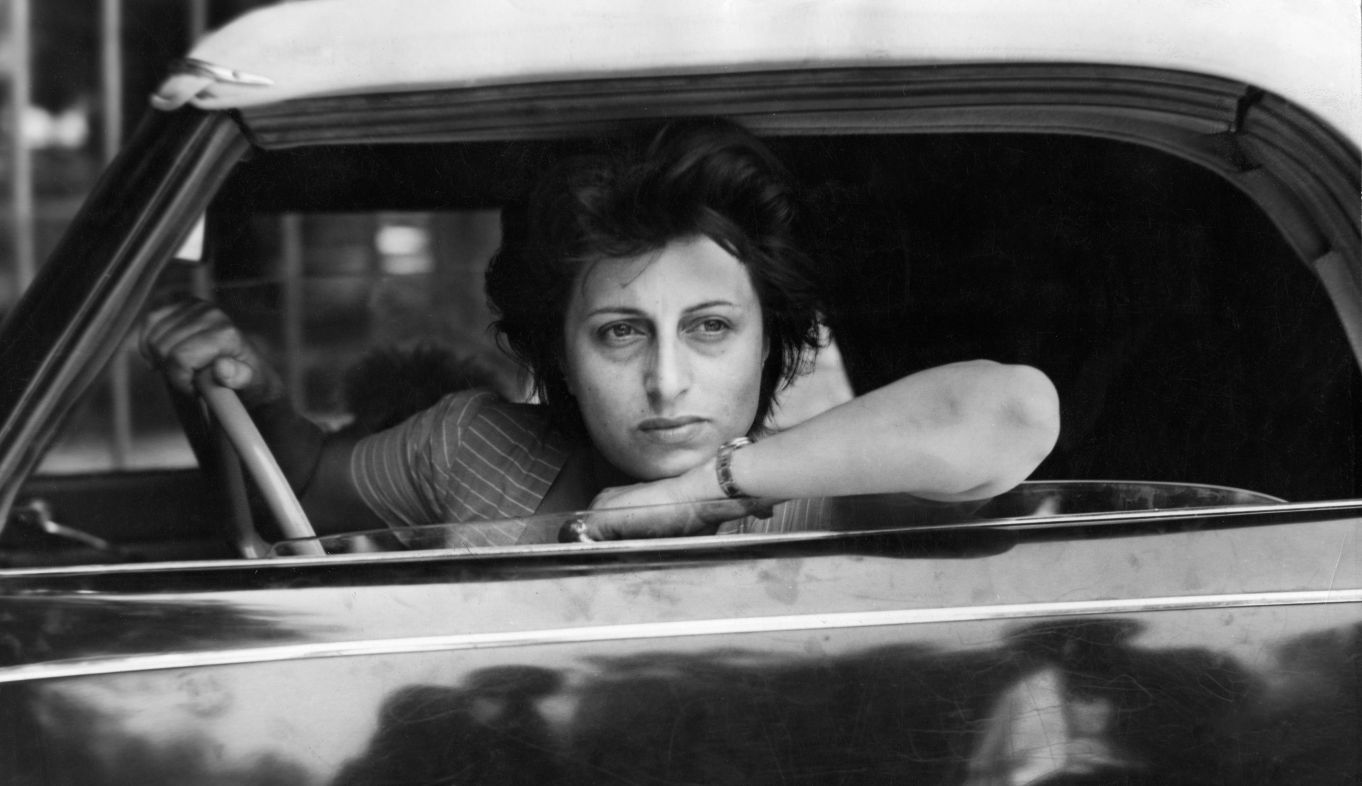
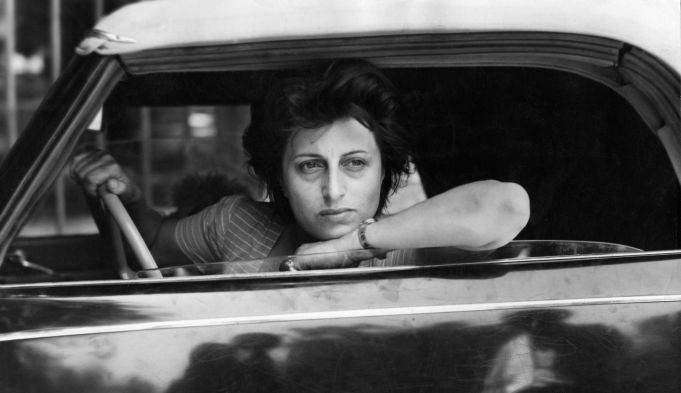 Otherwise known as “La Lupa” or the “she-wolf, “ Anna Magnani was a prominent figure in the Italian film industry. Known for her expressive and emotional acting, she left a lasting impression on many and was described as “fiery” by Time magazine. In 1945 she achieved international fame in Roberto Rossellini’s neorealist masterpiece Rome, Open City. A decade later, Magnani starred in her first English-speaking role in a mainstream Hollywood movie called The Rose Tattoo. Due to her moving performance of a distraught widow, she became the first Italian to win an Academy Award for Best Actress for her performance.
Otherwise known as “La Lupa” or the “she-wolf, “ Anna Magnani was a prominent figure in the Italian film industry. Known for her expressive and emotional acting, she left a lasting impression on many and was described as “fiery” by Time magazine. In 1945 she achieved international fame in Roberto Rossellini’s neorealist masterpiece Rome, Open City. A decade later, Magnani starred in her first English-speaking role in a mainstream Hollywood movie called The Rose Tattoo. Due to her moving performance of a distraught widow, she became the first Italian to win an Academy Award for Best Actress for her performance.
Grazia Deledda (1871-1936)
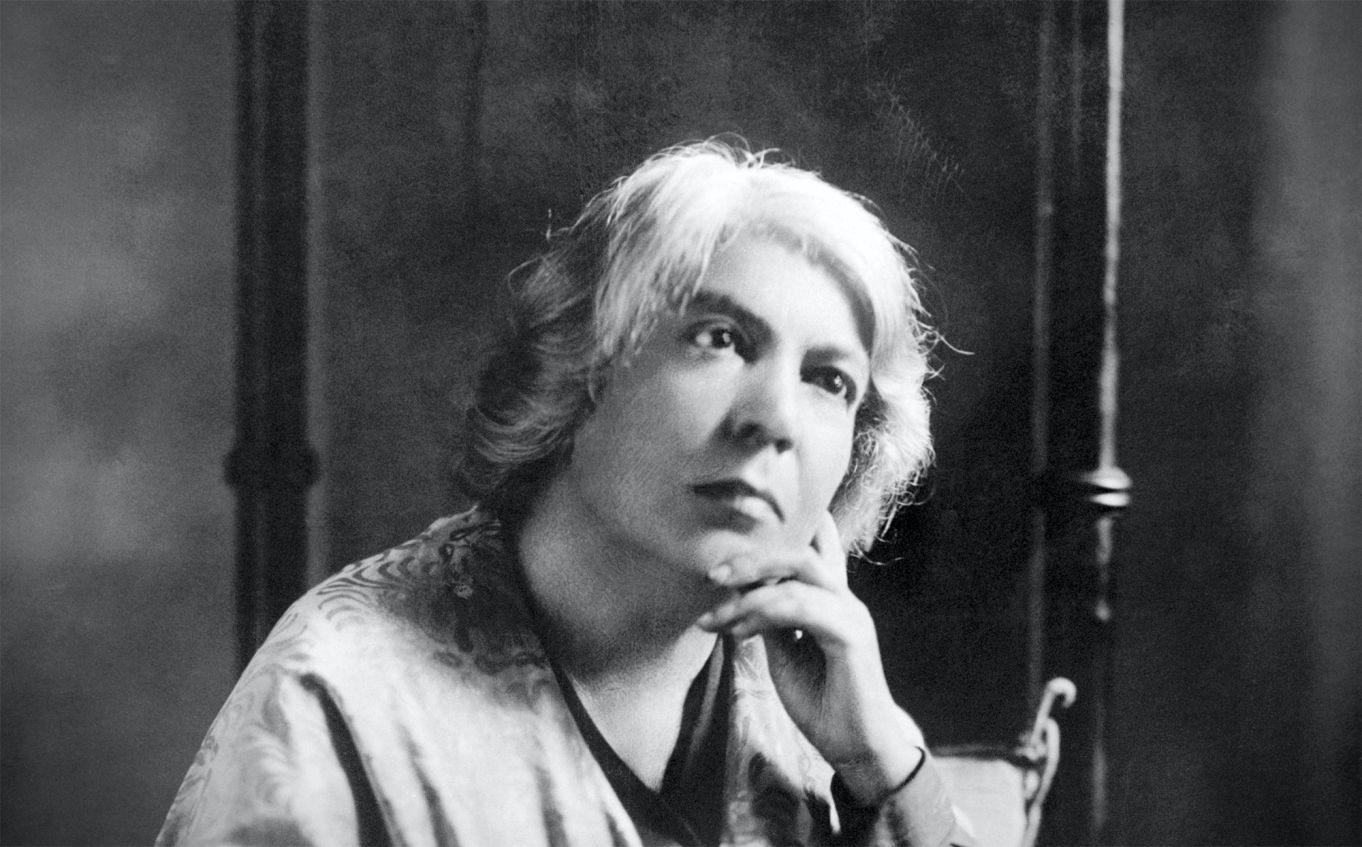
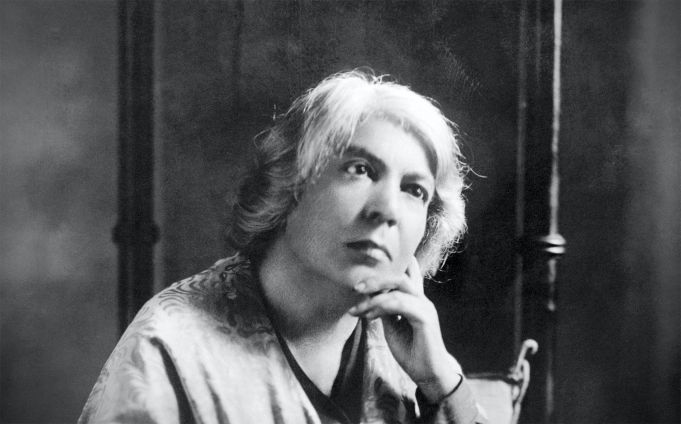 Another Nobel Prize winner, Grazie Deladda, was honoured as a sympathetic and idealistic writer from Sardinia. She won the Nobel Prize for Literature in 1926, becoming the first Italian woman to receive the accolade and the second woman globally.
Another Nobel Prize winner, Grazie Deladda, was honoured as a sympathetic and idealistic writer from Sardinia. She won the Nobel Prize for Literature in 1926, becoming the first Italian woman to receive the accolade and the second woman globally.
Deledda was a masterful writer who skillfully intertwined moving descriptions of characters with strong connections to their origins, all while critiquing societal norms. She was incredibly prolific, churning out roughly a novel a year and achieving both commercial and critical success. Her most popular work, “Canne al vento” (“Reeds in the Wind”), was published in 1913.
Leonilde Iotti (1920-1999)
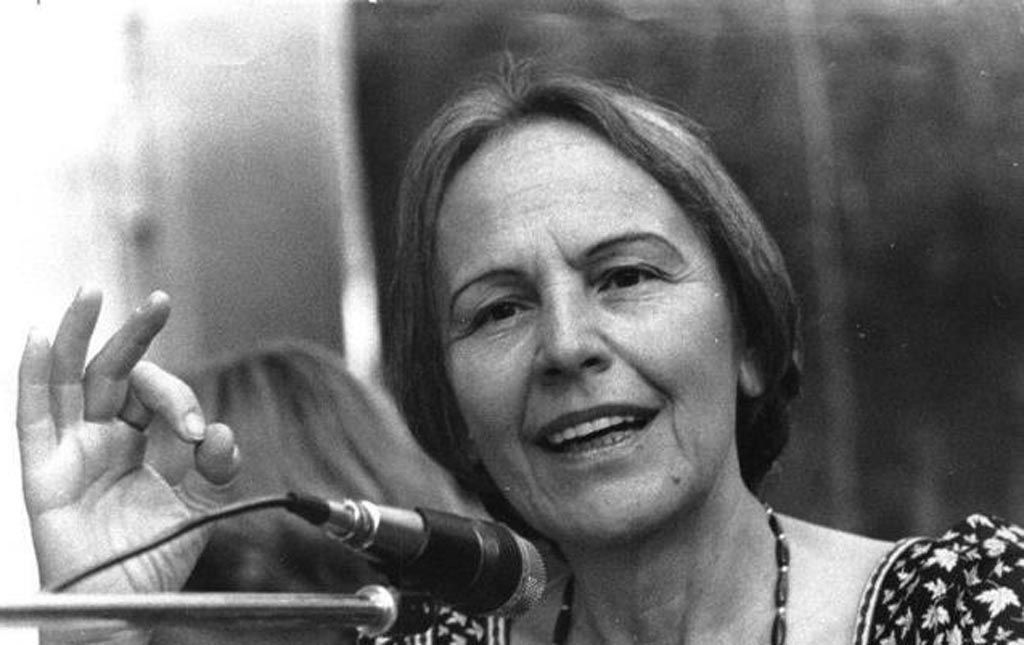
Leonilde or “Nilde” Iotti was a prominent Italian politician in the Italian Communist Party (PCI). In 1946, Iotti was selected as a member of the constituent assembly and played a crucial role in drafting the Italian Republican Constitution. In 1979, she made history by becoming the first female president of the chamber of deputies, holding the longest post-war term with two additional legislative terms. Iotti’s nuanced stance on women’s rights, including issues like divorce and abortion, set her apart. Even at her funeral, an all-women guard of honor stood by her coffin in the chamber of deputies.
Sophia Loren (born 1934)

Italian actress Sophia Loren, a shining star of Hollywood’s Golden Age, was the first to win an Oscar for a foreign-language film. Born Sofia Scicolone in Rome in 1934, she later adopted the name Sophia Loren on the advice of Italian movie producer Carlo Ponti, her future husband. Loren’s breakthrough came with her role in “The Gold of Naples” (1954), directed by Vittorio De Sica. She went on to star in numerous films alongside Marcello Mastroianni, Cary Grant, and Anthony Perkins. Her performance as Cesira in De Sica’s “La Ciociara” (“Two Women”) earned her an Academy Award for Best Actress, a groundbreaking achievement. Loren’s illustrious career includes a record seven David di Donatello Awards, five special Golden Globes, an Honorary Oscar in 1991, and a Visionary Award in 2021. She celebrated her 90th birthday in Rome in September 2024.
Maria Montessori (1870-1952)
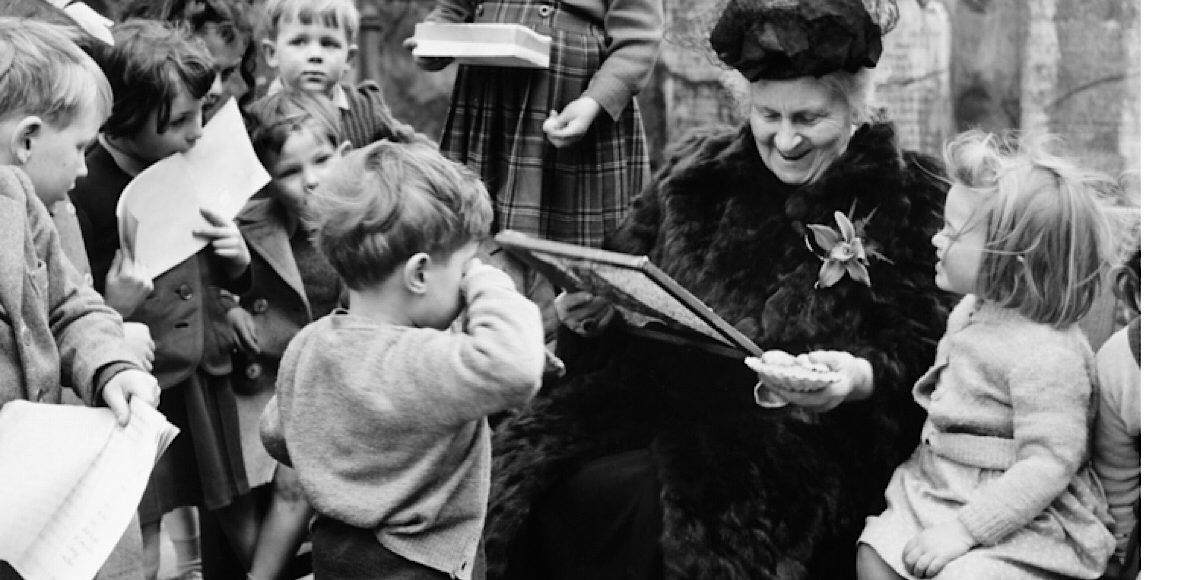
Maria Montessori’s journey began in an all-boys technical school where she aspired to be an engineer before ultimately excelling in medical school at Rome’s Sapienza University. Her groundbreaking work with children with mental disabilities at La Sapienza’s psychiatric clinic led her to develop innovative educational methods. In 1906, she established Casa dei Bambini in Rome’s San Lorenzo district, laying the groundwork for her revolutionary educational approach. Montessori’s methods quickly gained popularity across Europe and the US, shaping education on a global scale.
Tina Anselmi (1927-2016)
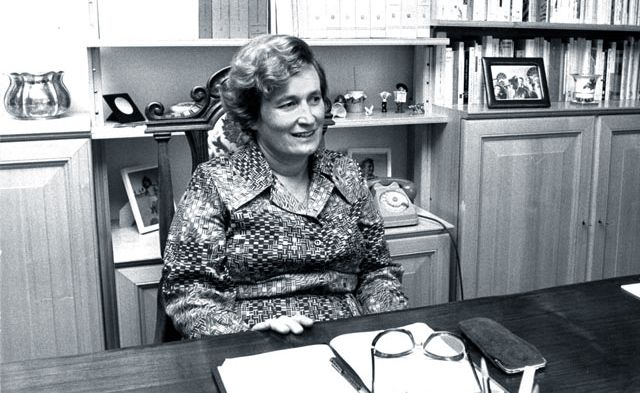
Tina Anselmi led a courageous life, standing up against fascism and advocating for the oppressed. Her experiences during World War II fueled her commitment to the Italian Resistance movement and later the Christian Democracy Party. Anselmi’s relentless efforts for equal opportunities and gender equality culminated in significant legislative achievements. She received numerous honors for her contributions and was even featured on an Italian postage stamp in 2016.
By Ophelia Luchin
Article originally published on 10 February 2021.
Are you looking to add a touch of elegance to your home décor? Look no further than our exquisite collection of luxury home accessories. From sleek and stylish furniture to stunning décor pieces, we have everything you need to elevate your living space to new heights.
Our carefully curated selection of high-end home accessories is designed to add a touch of sophistication to any room. Whether you’re looking for a statement piece to serve as a focal point or simply want to update your existing décor, our range of products has something for everyone.
Explore our website to discover our range of luxury home accessories and start transforming your space today. With our collection, you can create a home that is both stylish and inviting, making every room a true reflection of your personal style.
So why wait? Elevate your home décor with our luxury accessories and make a statement that is uniquely yours. Shop now and start turning your house into a luxurious sanctuary.
Source link



